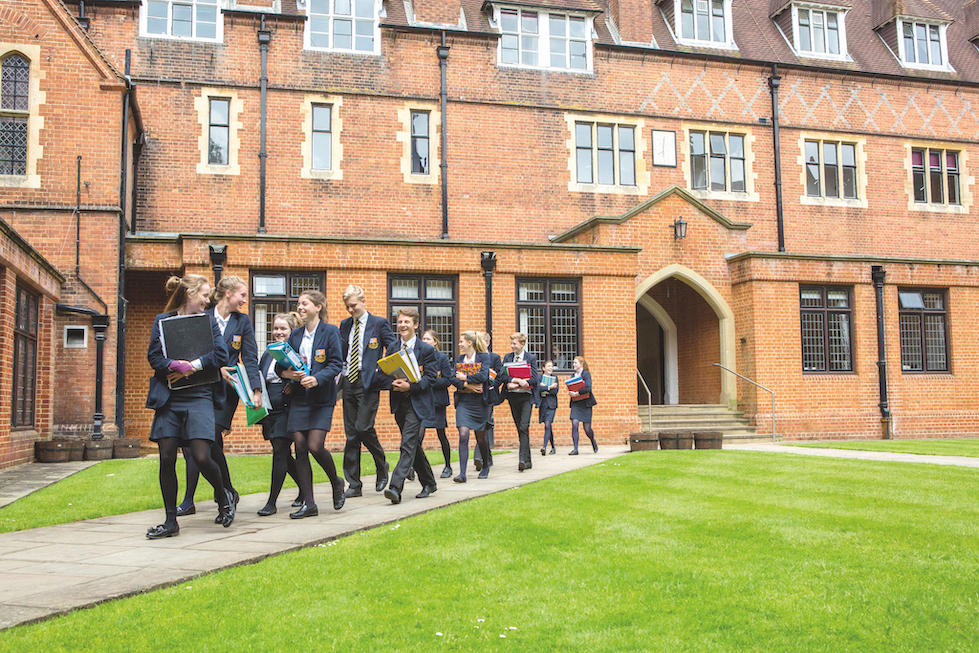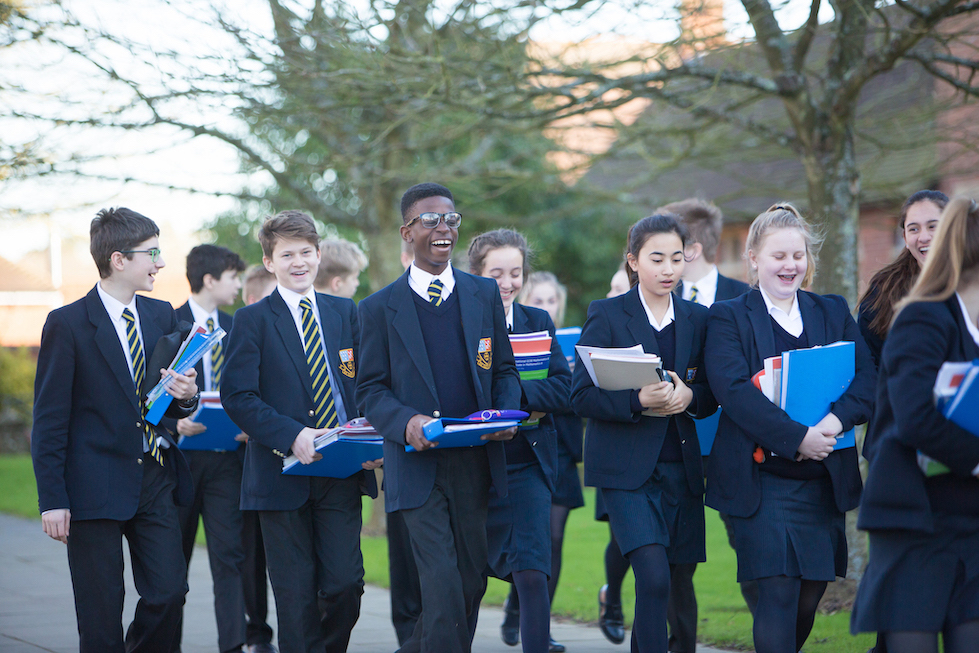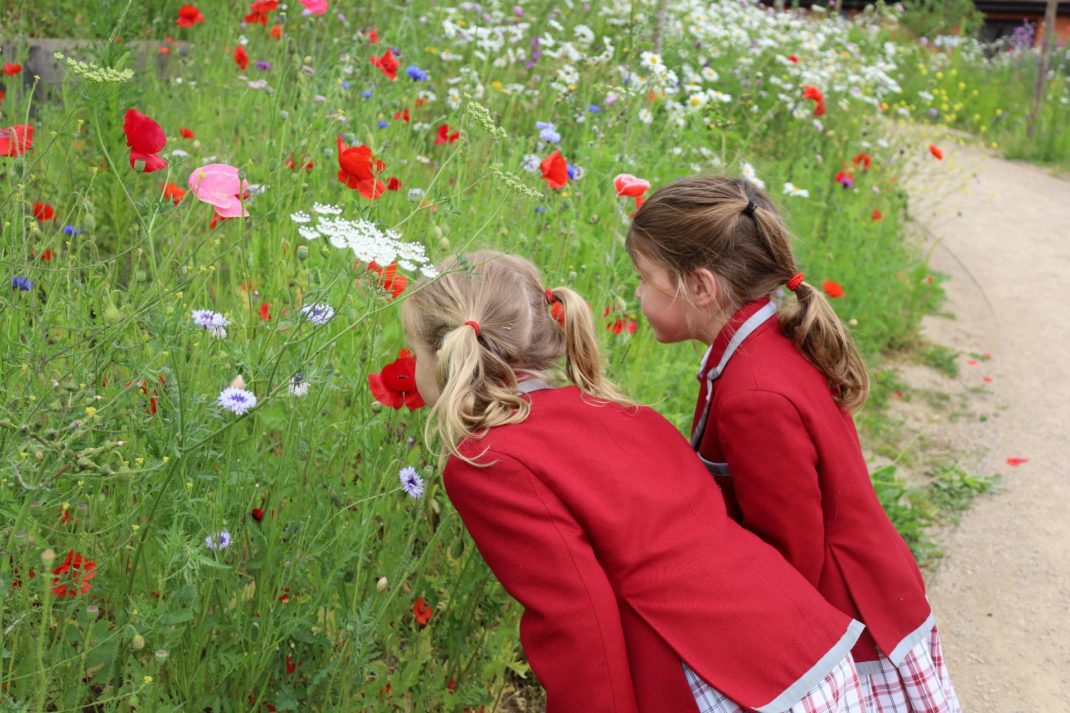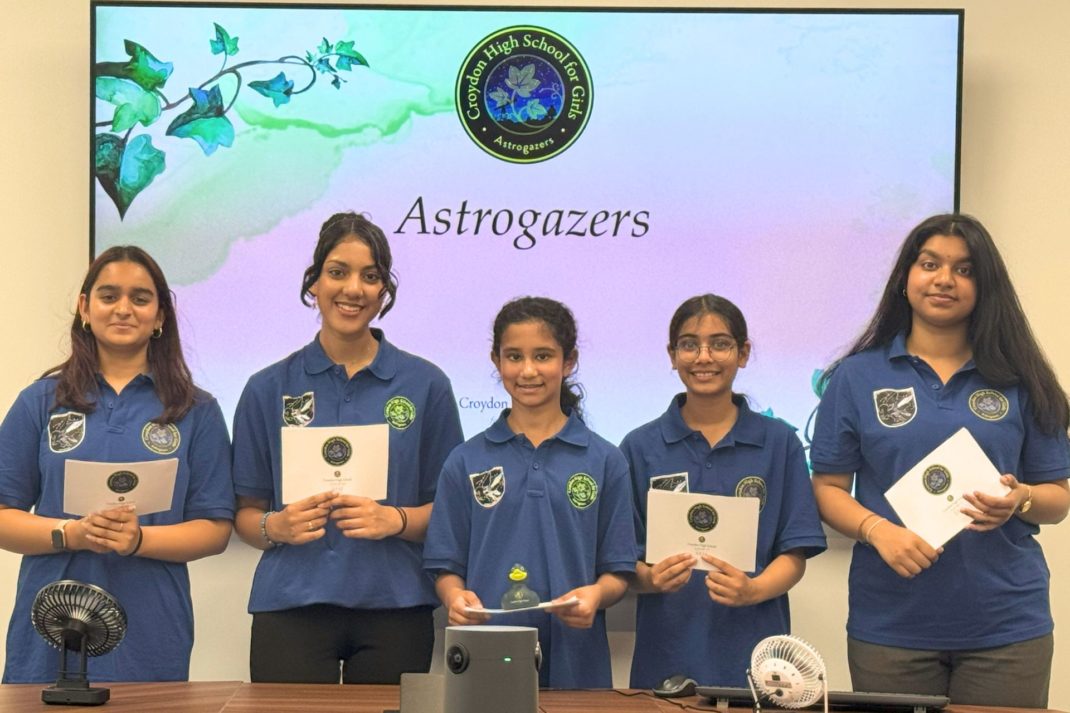Pupils should take the EPQ
By
5 years ago

Dr John L Taylor, Director of Learning, Teaching and Innovation at Cranleigh School explains the benefits of the Extended Project Qualification (EPQ).
The suspension of national public examinations marks a move into uncharted and challenging waters for the whole educational community. Hearing the news, my immediate reaction was that there was an evident need for something to be put in place so that students who were gearing up for the most intense academic challenge of their lives could continue meaningful study.

At Cranleigh – and, thanks to free resource materials from Pearson, now available for schools around the country – we decided that the void should be filled with a new, accelerated journey into the world of project work.
We are offering all our year 11 and year 13 students the opportunity to engage in project work so as to provide them with a significant academic target for the coming term. For many year 11s, this project will form part of an Extended Project Qualification (EPQ) to be completed in the sixth-form.
The projects can be forward-facing. Pick up a question or challenge that you might like to pursue in the future, perhaps through a university course. Or the project can be used synoptically, to sum up learning from courses that have ended abruptly with no final assessment. Why not take your favourite topic from history and produce your own documentary video? Why not create a TED-style talk on the potential of nanotechnology?
The great thing about a project, unlike most examinations the world over, is that the student gets to choose the question they want to answer. Given that personal interest is at the heart of the process, it is small wonder that students engaged in projects frequently produce work of surpassing quality.

All this is part and parcel of the drive to promote independent learning. This is a phrase often misunderstood as meaning ‘go and work things out all by yourself’. The reality is that learning is never fully independent. It depends on both student and teacher. What does mark out project learning is that the teacher moves from being the instructor to being the mentor. Socratic mentors know how to facilitate the process of going deeper into the world of open questions that awaits us when we step outside the confines of the examination halls – especially when, as now, those halls echo emptily.
At Cranleigh, we use EPQ to turn the vision of richer, deeper, more engaged learning into a reality. We teach learners a framework for project skills then mentor students throughout the project process. Whilst projects typically take around a year, we are now going all aboard the ‘Project Express’ – aiming to use those intense hours that would have been spent revising and scribbling exam papers for project learning: for questioning, investigating, creating, thinking, drafting and re-drafting.
All of our year 11s will be making the transition to project learning this term. The full range of project types will be open to them, whether it be writing a university style dissertation, conducting a scientific investigation, producing a performance or creating an artefact project. Many of the Cranleigh staff who have taught EPQ will be providing support; other colleagues new to EPQ will be joining in with what will be a whole-school venture.
The key to project learning is giving students freedom to choose. We expect students to relate their project to their interests and aspirations, but, crucially, to do this within a well-defined framework. There is a rigorous assessment model with criteria that address the different stages in the project process. Hence students will be taught how to write analytically about research sources and how to go beyond descriptive writing into the evaluation of argument and counter-argument. We emphasize the importance of choosing open questions. This applies not only to dissertation writing but to the development of practical projects where we expect to see an investigative approach, with the exploration and evaluation of alternative design ideas.
The tools of education technology make all of this possible. The real world may be locked down but the virtual world is as wide open for exploration as it has ever been. We had already moved our project learners onto Google classroom and so have been able to move more or less seamlessly into distance learning. We are able to discuss student work with them and give live feedback in real time whilst we run a Google Meet.
Virtual learning fits project learning like a hand in a glove. The big thing teachers worry about when giving students independence is whether they are progressing but thanks to online shared documents, we can be with them each step of the way.

One of the big challenges at the moment is for the students who opted for practical projects. What do you do if you were directing a school play and the play is now not going to happen? We are encouraging students to see that problem solving is part of the project process. There are always work-arounds. Why not run an online rehearsal then turn the performance into a radio play?
Developing students who can think for themselves in the face of challenges which have no obvious right answer has never been more important, nor has the question, ‘what do I need to know for the exam?’ ever been so obviously the wrong one to ask. In an educational world turned upside down, the lessons we’ve been learning about the benefits and power of project learning are proving their resilience.
See Cranleigh’s School House listing here



